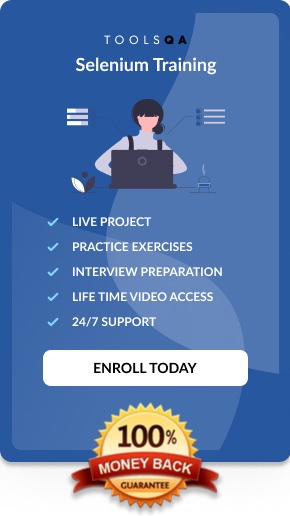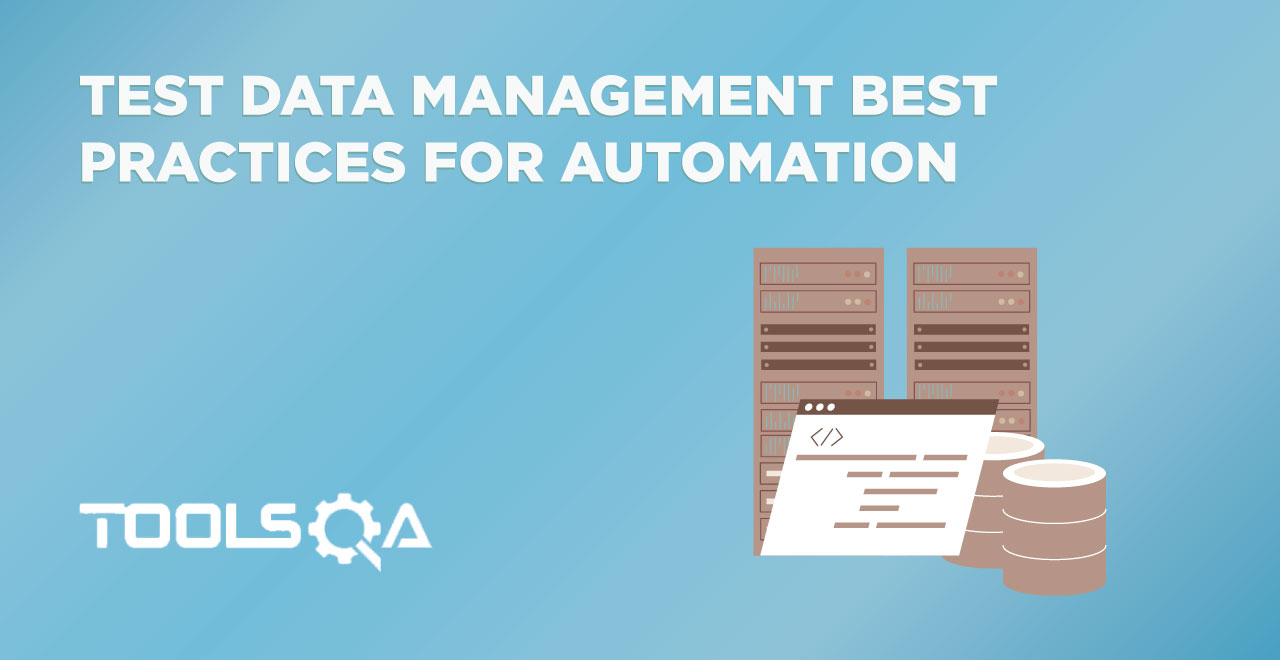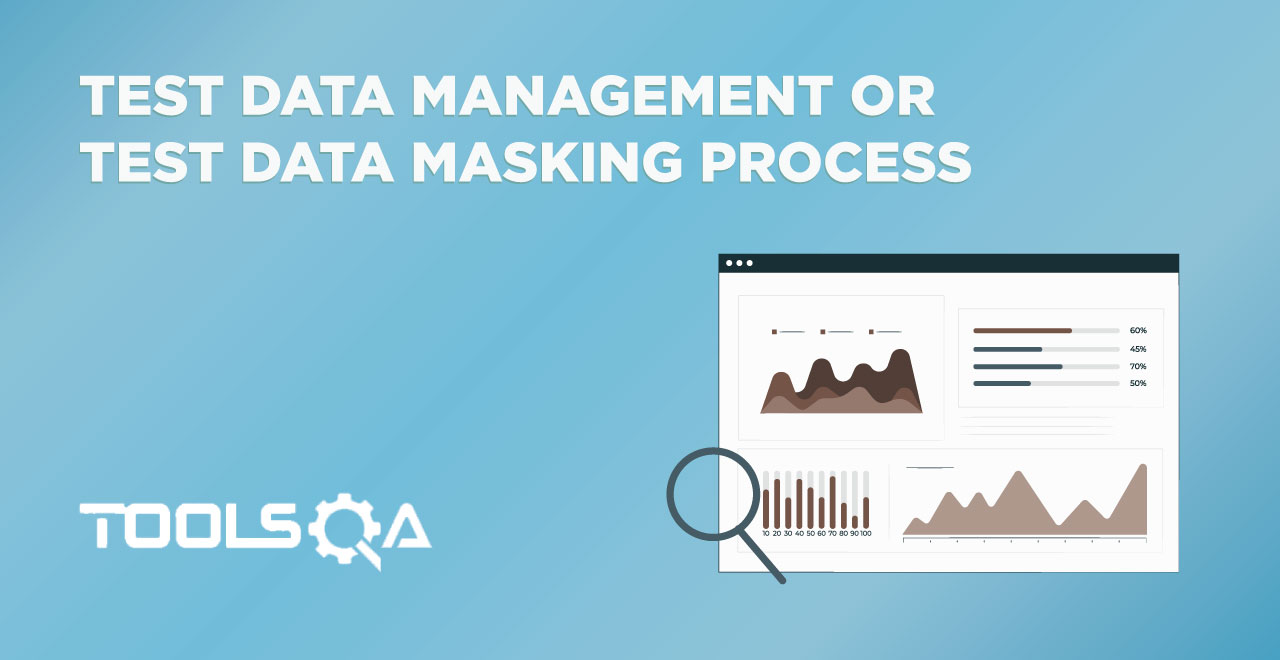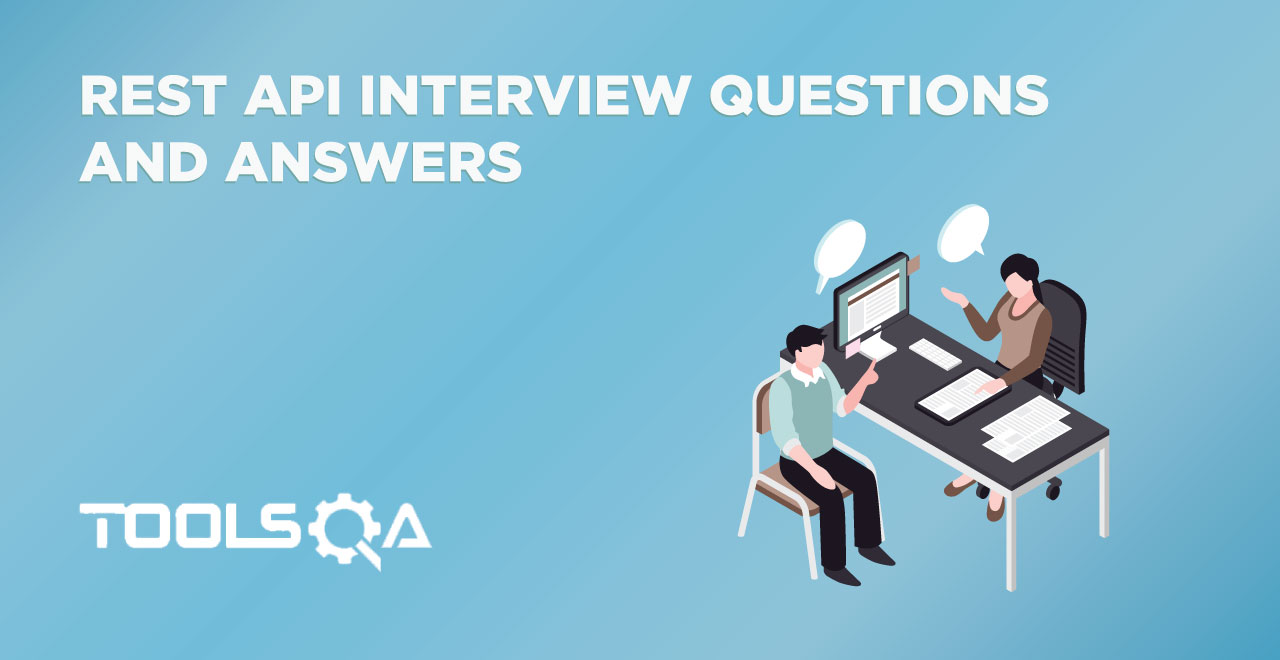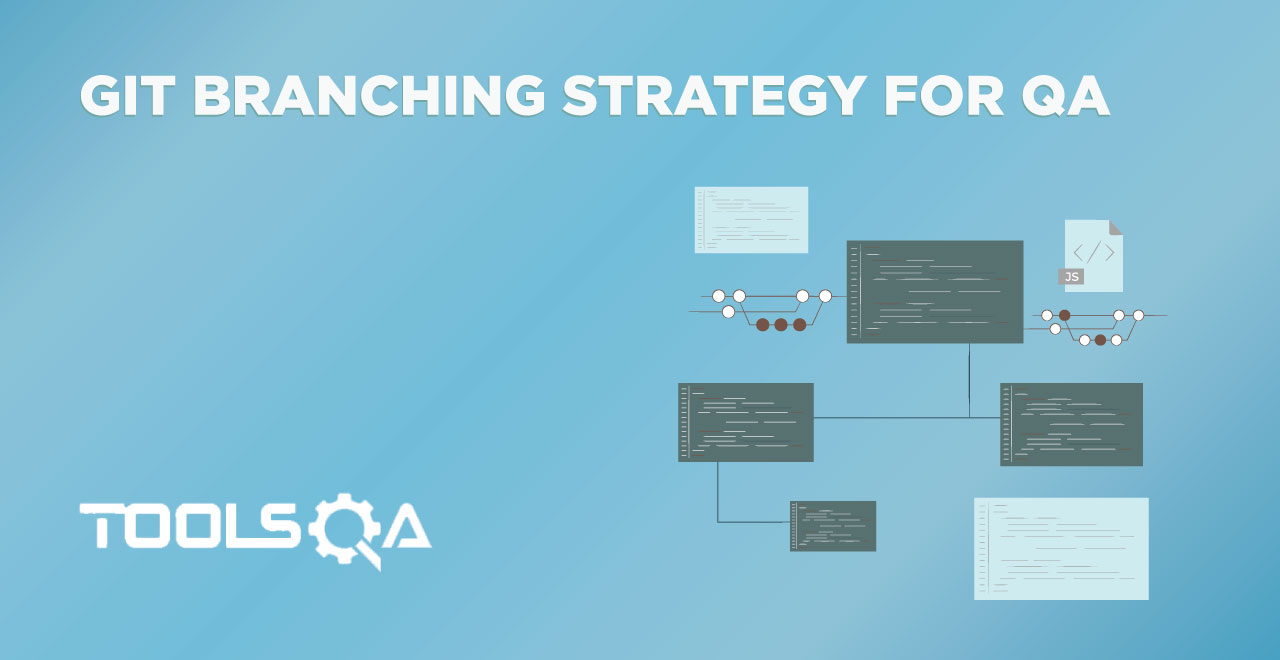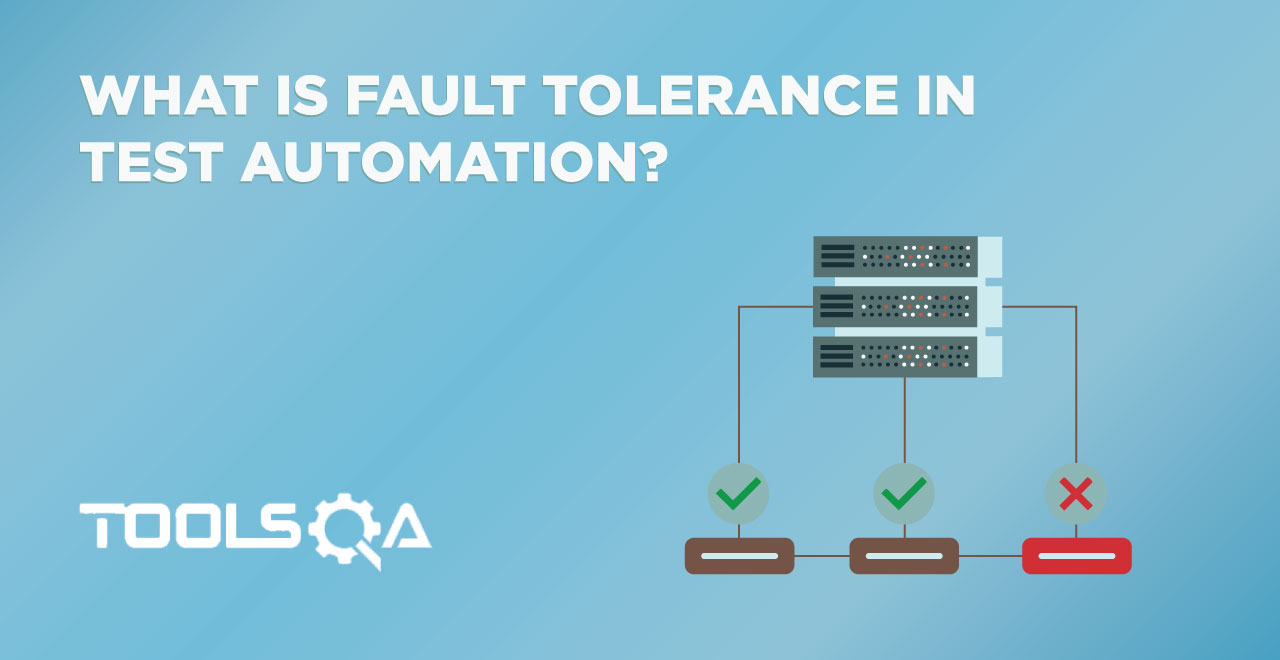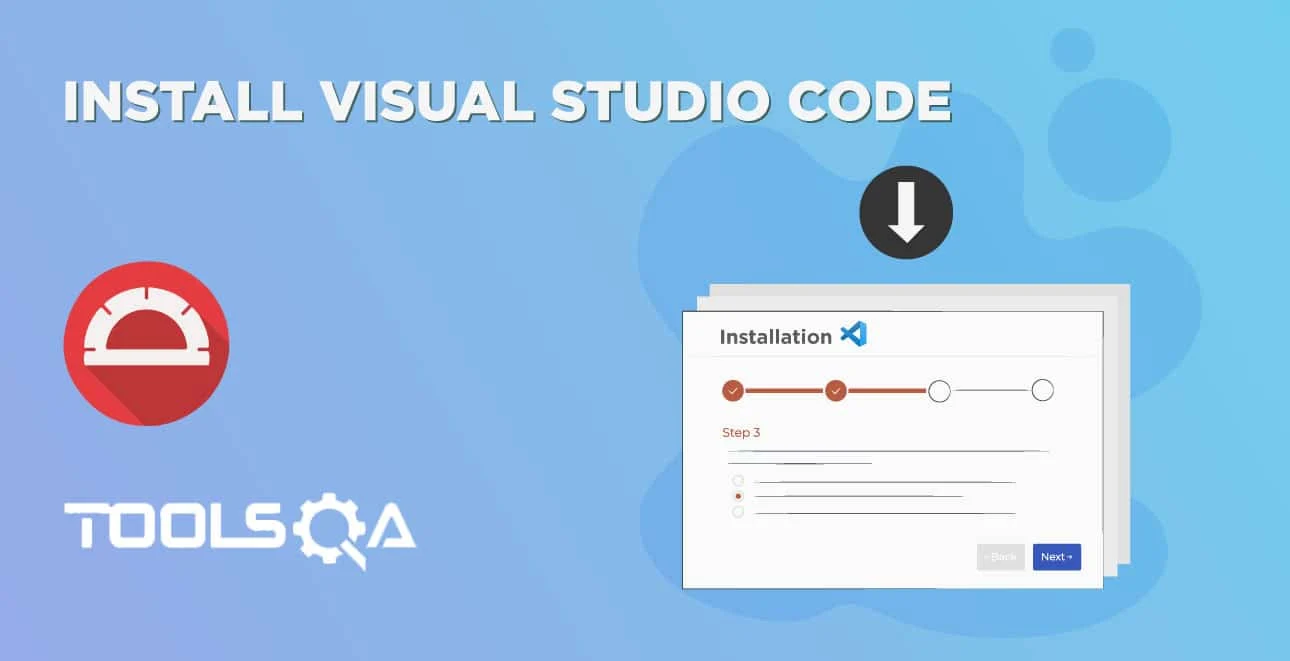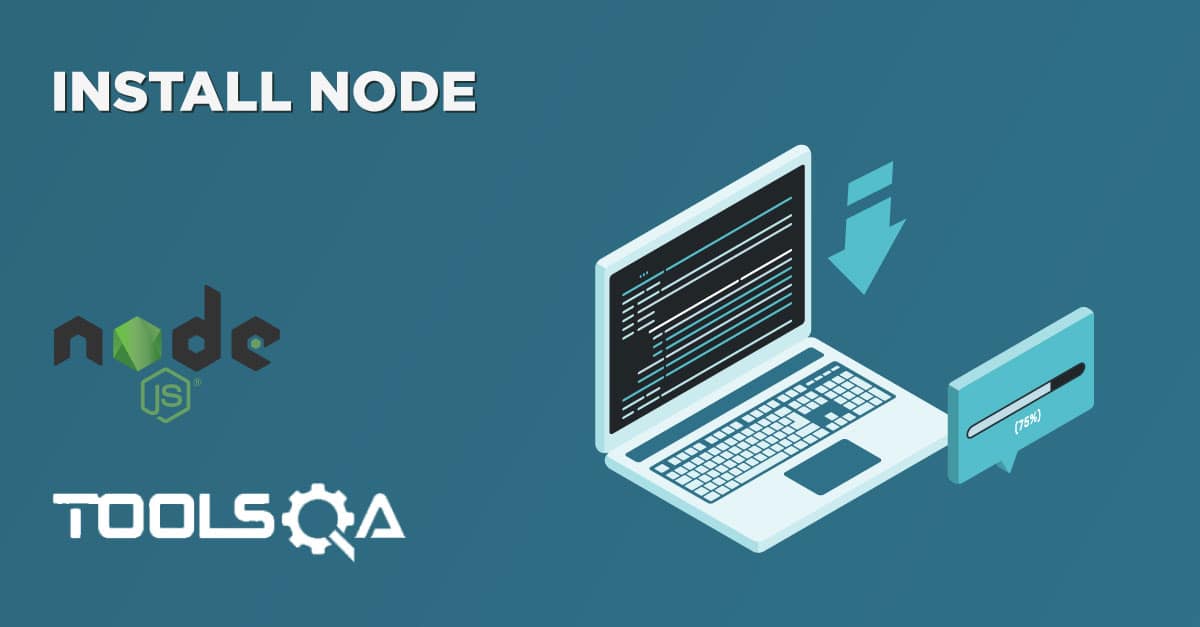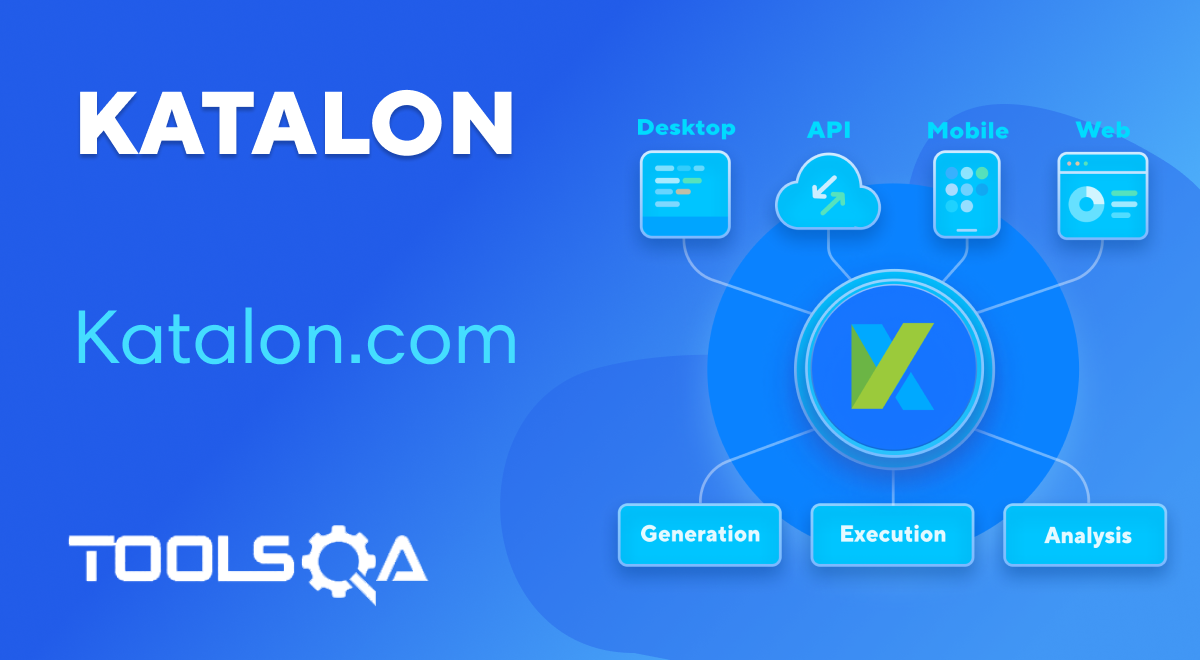With the changing trends of shift-left and stringent agile test-pyramid in software testing, the API testing has gained its volume. APIs have been with us for some time now, but their involvement in the testing space has been rather low when they were introduced. But things have changed now for good. In the last few years, Google Trends shows how the popularity of the term "API testing " has improved from 25 to almost 100. There have been many surveys that show how the term API testing has grown over the last half a decade, and people have started to become more and more involved in this. It makes us wonder if we will use it, and if we do, what software/tool should we use for testing the APIs? Subsequently, this post will list down the most popular API testing tools today in the market and their strong points.
Why use API Testing?
API Testing is testing the API used in software development for its response, threshold value, working, scalability, reusability, etc. These values become essential to test as they will be practical when software grows over time. APIs have started to get deep into our software, whether its a very small software, average-sized, or a large one. With API testing working as a backbone for the software, it must work as expected, and hence its testing should be done thoroughly. Let's see the top API testing tools available in the market today.
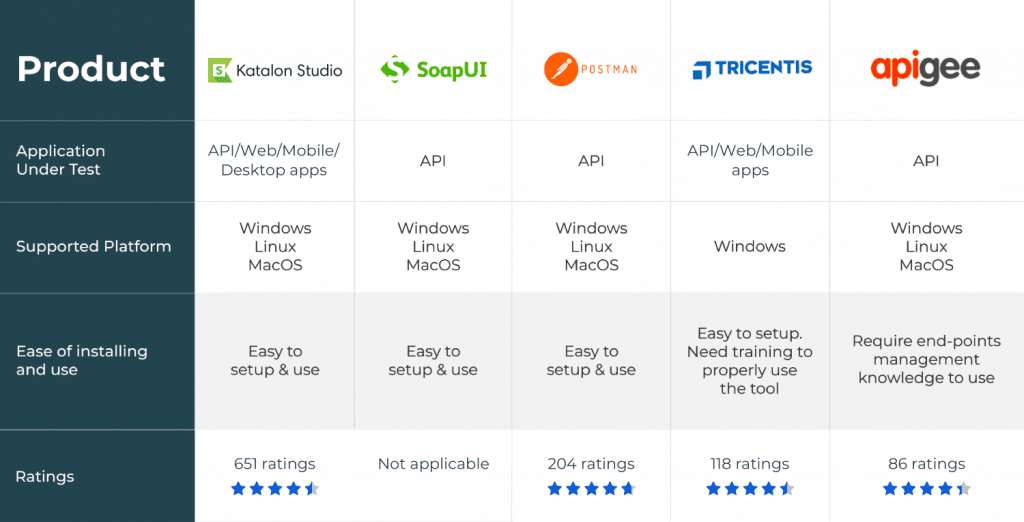
Katalon Studio
Katalon Studio is a free API testing tool for testing web applications, mobile applications, and API testing. Since its release in 2016, Katalon Studio has become one of the most used software for API testing and other types of software testing, such as UI automation and cross-browser testing. Katalon Studio is a wholesome software, grabbing 9% of the market share for UI testing alone. With Katalon Studio, API testing becomes comfortable with its convenient user interface developed, especially for the testers.

Pros:
- Katalon Studio supports both SOAP and REST types of requests and provides a very easy-to-use interface for the testers.
- Includes exploratory and automated testing abilities.
- Katalon Studio comes with the support for CI/CD pipeline.
- Moreover, Katalon Studio provides analysis and testing reports inbuilt into the software.
- Katalon Studio API testing tool also contains a data-driven approach for testing. The tester can load the data through CSV, ODBC sources, Excel files, etc.
- Katalon Studio has a very mild learning curve, and it is effortless to learn the software in a short time.
Cons:
- Katalon Studio is not open-source, which restricts the number of iterations in the software improvement cycle.
- Katalon Studio has a smaller community than its competitors, which restricts the number of people who can solve our problems online.
- In addition to the above, it lacks scripting language support.
Katalon Studio started as the free software but today includes a premium subscription for its additional working suite of products. Katalon Studio API testing tool also lacks support for distributed testing. To learn the basics of using Katalon Studio and performing testing, you can visit Learn Katalon Studio.
SoapUI
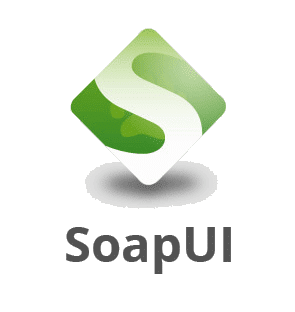
The SoapUI API testing tool has been built specifically for testing the APIs (both SOAP and REST APIs).
Pros:
- With SoapUI, the tester can test REST and SOAP requests with ease and is one of the software that is developed and focusses solely on API testing.
- SoapUI provides a very easy to use user interface with drag and drop facility, which facilitates the user's inclination towards the software.
- SoapUI API testing tool is open source and is, therefore, keeps adding features over time.
- It has a very vast online community.
- SoapUI provides load testing functionality for businesses aiming for a scalable system in the future.
- SoapUI provides data-driven testing similar to Katalon Studio.
Cons:
- Steep learning curve. Beginners often struggle during the start.
- Documentation is not "well-documented", which makes a beginner struggle towards API testing.
- The heavy size creates a load on the CPU and often leads to a crash of the software.
SoapUI is a useful software if the only aim is to test APIs. It comes in a free and paid version, the paid version focussing on load testing and heavy loads mimicking the practical, real-life scenarios. SoapUI has been bagging international awards for its performance in recent years. To know the basics more, learn SoapUI.
Postman
It is one of the fastest-growing API testing tools in the market today, with a lot of fortune 500 companies using the software (as displayed by the Postman's website). Postman API testing tool initially launched as a chrome plugin. Still, with a lot of Google's restrictions and native applications having a lot more independence, Postman started focussing on the native desktop application. As a benefit of working on it, you will notice that it allows the tester to test the APIs without coding anything.

Pros:
- The Postman comes with great UI and scripts to perform API testing very efficiently.
- Additionally, it offers API monitoring and automation testing on APIs to observe the APIs for the maximum part of the day.
- Postman has good integrations in its software for better testing.
- It allows both exploratory as well as automated testing.
- Language is not required to run the APIs.
Cons:
- Postman does not provide codeless web service testing.
- The movement of collections is difficult.
- Reporting and automated testing have limited capabilities compared to other API testing tools in the market.
Postman offers both free and premium subscriptions to its users, where premium subscription extends the benefits of the free version as well. In the free version, it comes with a limited request quota but can be extended with the premium package along with other excellent features. To learn the concepts and working of Postman along with hands-on exercises, you can visit Learn Postman.
Rest Assured
REST-assured API testing tool is a very popular tool in the API automation testing world working in the Java domain.

Pros:
- The REST-assured API testing tool is an open-source tool.
- REST-assured API testing tool minimizes the use of code for its REST services, giving flexibility to the user.
- Additionally, it also supports BDD Given/When/Then syntax.
- REST-assured API testing tool is quite popular among Java programmers and enables them to automate the tests quickly using Java.
- REST-assured is also a primary choice for the testers focussing on Serenity Framework and combine UI and generate the reports easily.
Cons:
- Supports only Java programming language.
To learn the basics and implementations of REST-assured, you can visit Learn REST-assured.
JMeter
JMeter is a popular open-source API testing tool used for load testing and functional testing. It provides a load of functionalities to ease out the overall API testing process.
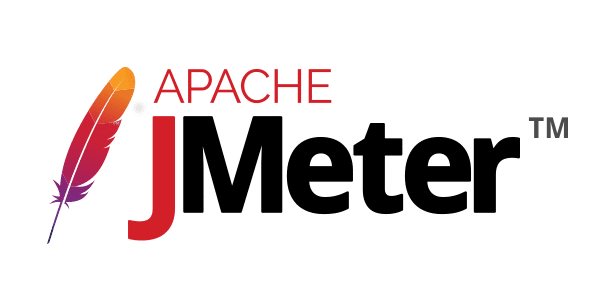
Pros:
- JMeter is an open-source API testing tool.
- JMeter processes CSV files to generate results efficiently.
- It is also a helpful tool if the team is working on CI pipelines since it works with Jenkins, which will help you include your API tests in the pipeline.
- Also, it is a very flexible tool and helps in customization according to the tester.
- It supports multiple protocols for an efficient testing process.
Cons:
- The only con of JMeter is that it takes a huge load on the memory (comparative to other API testing tools).
If that is not a problem for you, you can go ahead with it. To learn more about its basics and implementation, you can visit Learn JMeter.
Fiddler
Fiddler is an efficient API testing tool to monitor the HTTP traffic and manipulate the API requests in HTTP. This software is the most preferred tool among the .Net language developer. Along with the features required in the API testing and monitoring, Fiddler also provides the facility to edit the network sessions, which lets the tester set some breakpoints in the API requests and alter the requests by pausing the processing of the request.

Pros:
- Fiddler helps in analyzing and recording the traffic flowing between computers and the internet.
- Additionally, Fiddler ensures the security of the website through SSL decryption techniques.
- Moreover, Fiddler helps in the compression of the data flowing between the client and the server.
- Fiddler is very flexible and provides an added advantage of developing the extensions.
Cons:
- HTTP Pipelining is not supported by Fiddler currently.
- Proxy servers do not allow decryption used by Fiddler for authentication.
- Fiddler's buffering mode is not compatible with COMET-style applications.
Fiddler brings about the following different packages which have slightly different characteristics along with similarities:
- Fiddler Everywhere is available for macOS, Linux, and Windows platforms.
- Additionally, Fiddler Core is for embedding the .NET-based applications.
- FiddlerCap is for remote usage by non-technical users.
- Fiddler Jam is a Google Chrome browser extension for logging web traf fic.
If you want to learn more about Fiddler, you can refer to Learn Fiddler.
Apigee
Apigee is a 2004 founded software focussing on API management and predictive analysis. It proves to be very effective for transferring and managing the flow of data between different modules of the software.
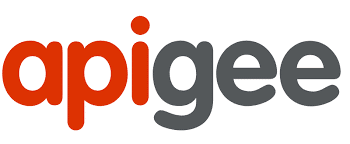
Pros:
- Apigee provides a customizable developer portal and supports Node.js.
- Additionally, Apigee lets you customize the API behavior through code.
- Moreover, it produces API proxies.
- Apigee helps in the API documentation.
- In addition to the above, it monitors APIs so that they are readily available all the time.
Cons:
- Tracing the APIs is very limited.
- Javascript debugging is difficult in Apigee.
- Version control is not integrated.
Apigee API testing tool comes in free and paid subscriptions for its members. If you want to learn more about Apigee, you can refer to Learn Apigee.
Karate DSL
Another efficient API testing tool making rounds in the market and based on cucumber library is Karate DSL. Karate DSL provides great features in its package that helps the tester get a good command over the API testing process.

Pros:
- For writing tests in Karate, the knowledge of Java language is not required, which makes it easier for both technical and non-technical people to write tests.
- Karate DSL API testing tool supports parallel multi-thread execution.
- Karate supports the capability to switch configurations.
- From February 2020, Karate DSL supports web automation, which lets the testers and developers submit the HTML snippet as a full-fledged project.
Cons:
- TestNG support has been deprecated.
If you want to learn more about Karate DSL, you can refer to Learn Karate.
Tricentis Tosca
Tricentis Tosca is an API testing tool giving the edge of the continuous delivery feature.

Pros:
- Tricentis Tosca is used for automating the end-to-end testing for software.
- Tricentis Tosca helps in the reduction of time in regression testing. For a team working on Agile development and DevOps, Tricentis Tosca is a great tool to be used on.
- It also provides model-based test automation.
- In addition to the above, Tricentis Tosca provides template-based tests that help in covering maximum scenarios with minimal efforts.
Cons:
- Tricentis Tosca seems to have a steep learning curve, but it totally depends on person to person.
The powerful features of Tricentis Tosca include performing the API testing on various platforms such as mobile, cross-browser, web, etc. and supporting a range of protocols HTTP, JMS, AMQP, IBM MQ, SOAP, REST, and many more.
As a new module, since March 2020, support for web service security is added to the API connection manager. Subsequently, if you want to learn more about Tricentis Tosca, you can refer to Learn Tricentis.
Swagger
Swagger is a versatile API testing tool that we use along with other open-source software to build, design, document, and use RESTful web services.

Pros:
- Swagger is an API testing tool that creates automated documentation, code, and test-case generation.
- With the feature of Swagger inspector built inside, this API testing tool helps in API inspection and ensure their performance.
- Additionally, Swagger also helps in load testing the API to check the scale and performance of the API.
- Also, Swagger is open-source and free-to-use software.
Cons:
- Swagger is heavier in size, and the size increases considerably well with the libraries.
If you want to learn more about Swagger, you can refer to Learn Swagger.
Conclusively, these tools are the most used API testing tools currently with no order defined. Although the popularity and features keep on changing with time, I am sure to see some considerable advances in all of them. If you have your suggestions from personal experience with any of the software/ API testing tools, we would love to hear it from you.
